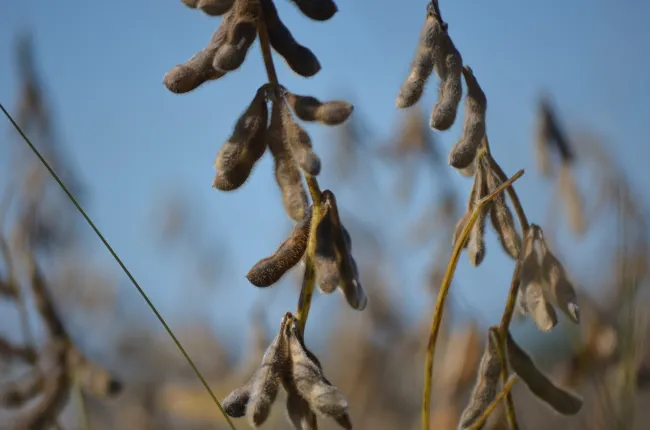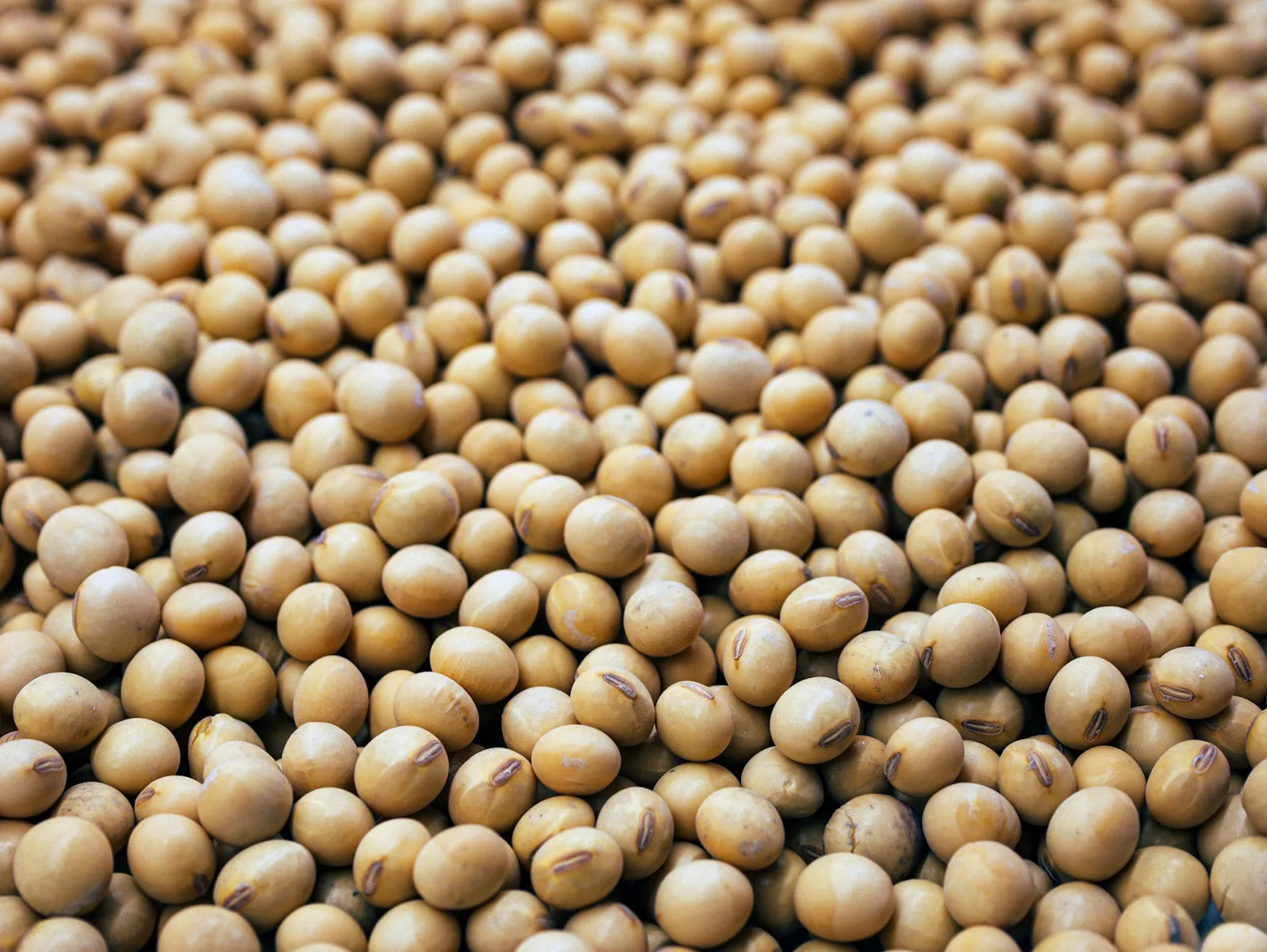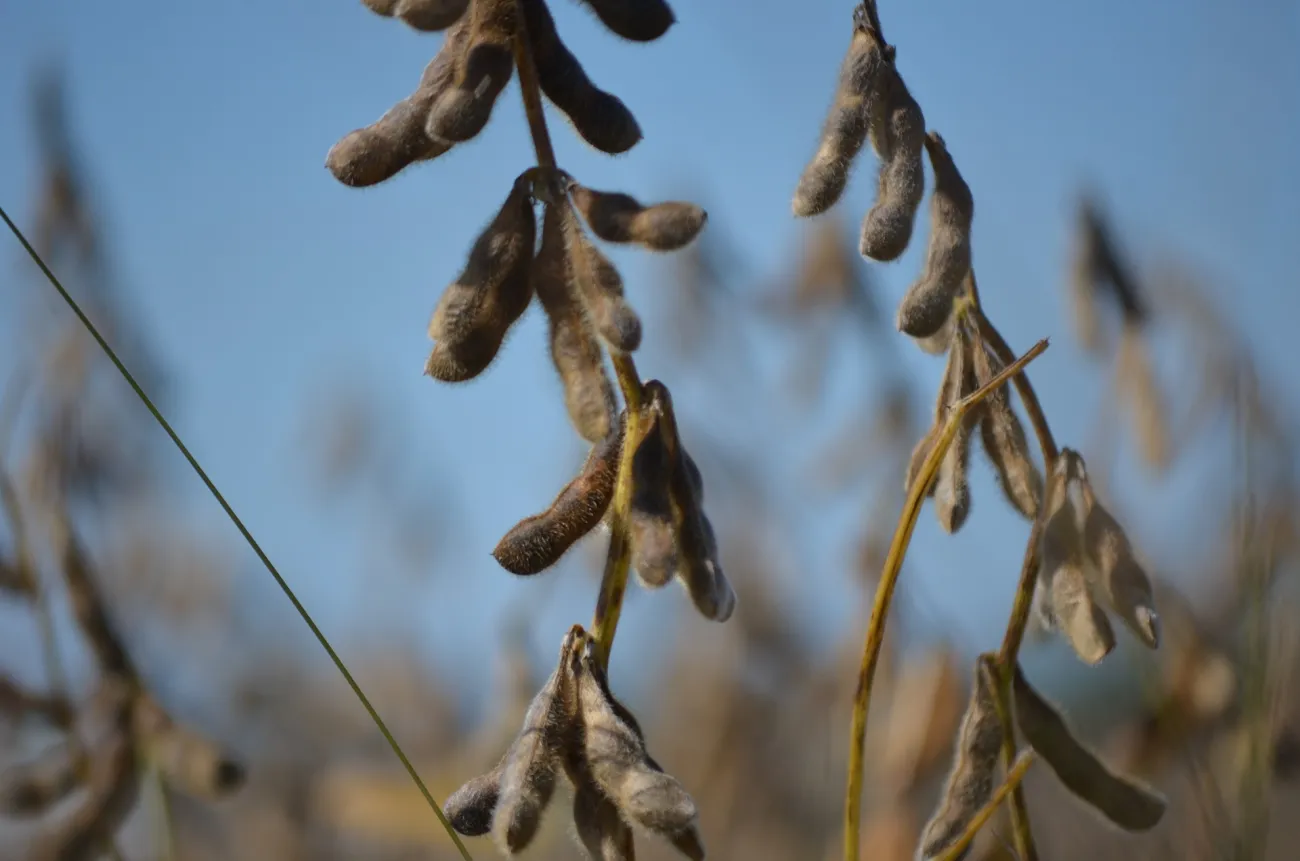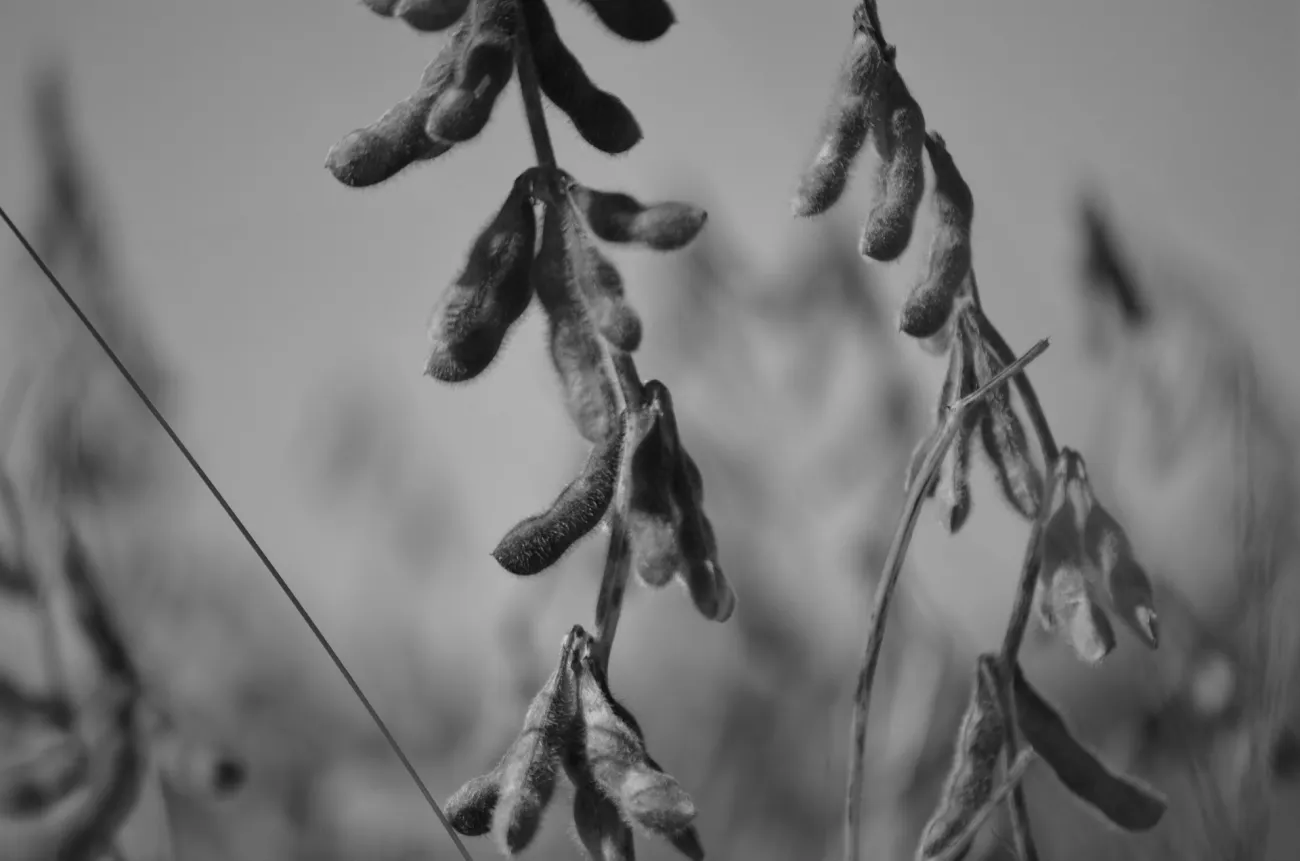Soy bean is an incredible crop
It is highly productive, adaptable to different climates, and contains a complete nutritional profile packed with protein. Soy plays a vital role in feeding the world, from human diets to animal feed and alternative proteins. But its success comes at a cost. Soy’s expansion drives deforestation, biodiversity loss, and greenhouse gas emissions. A handful of exporters control global supply, and large-scale soy farming disrupts rural economies and threatens the livelihoods of small farmers and Indigenous communities. Adding further complexity, the majority of soy is funneled into livestock feed rather than direct human consumption, thus supporting a sector with its own host of environmental, health and social challenges. With demand for soy increasing, potentially outpacing supply in the coming decades, the challenge isn’t just producing more soy—it’s rethinking how and where it fits in the food system.
A Crossroads for Innovation
As pressure mounts to make soy more sustainable, new solutions are emerging. Some focus on reducing demand, others on improving production efficiency through technological innovations like new gene-edited seeds or finding soy alternatives for use in food and feed. But what makes an innovation ‘good’? And why are some innovations prioritized–in terms of research, development, and implementation–over others?
Does gene-editing soy reduce environmental harm, or does it continue a reliance on industrial farming? Do meat or dairy alternative proteins - like soy or pea protein - ease pressure on land use, or simply shift burdens elsewhere? Every intervention has ripple effects across the broader food system. This project examines these trade-offs—exploring consumption shifts in Europe, soy expansion in the Americas, and policy efforts worldwide—to assess what truly drives meaningful change.
From Research to Action
What does a sustainable future for soy look like, and who gets to decide? Through research sites in Europe, the US, and Brazil, we investigate the forces shaping soy production, trade, and consumption.
By working with communities, policymakers, and other stakeholders, the project will map power dynamics, highlight competing narratives, and turn findings into action through a podcast, policy briefs, and academic articles. Our goal is to help shape the next chapter in soy’s story by equipping decision-makers with the knowledge needed to make informed, strategic choices—before the challenges outgrow its solutions.
Explore TABLE's existing work on regenerative agriculture
About the Funder
The Kamprad Family Foundation for Entrepreneurship, Research & Charity was established in 2011 by IKEA founder Ingvar Kamprad to support scientific research and projects that improve quality of life, particularly in healthcare, entrepreneurship, and sustainable development. The foundation funds initiatives that bridge research and practical application, with a strong focus on innovation and societal benefit.

About the Research Team
TABLE is a global platform working for a sustainable and ethical food system. We help stakeholders navigate the evidence, values and visions shaping global debates around the future of food.
Elin Röös is the project PI and an associate professor at the Swedish University of Agricultural Sciences (SLU). She researches the environmental impacts of food systems.
Matthew Kessler is the coordinator and communications lead and a food systems podcaster and science communicator at TABLE and the Swedish University of Agricultural Sciences (SLU).
Amanda Wood is a food policy researcher on the project at the Swedish Agricultural University (SLU). Her research focuses on ‘what’s a good food system innovation’?
Lauren Crossland-Marr is a research collaborator and an assistant professor of anthropology at University of La Verne in Los Angeles, CA). She is conducting fieldwork with soybean farmers in the U.S. Midwest.
Matt Abel is a research collaborator and an assistant professor in anthropology at Southern Methodist University in Dallas, Texas. He is conducting fieldwork in Brazil on the Northern Arc.
Alejandra Figueredo is a research assistant at the Swedish University of Agricultural Sciences with a background in political science and international relations.
Annika Roder is a research assistant at the Swedish University of Agricultural Sciences (SLU) with a background in agricultural policies at national and EU level. She is supporting research on European trade policies related to soy.
How Can I Find Out More?
Sign up for Fodder, TABLE’s regular newsletter, keep an eye on the TABLE website and socials, or reach out to Matthew (matthew.kessler @ slu.se) with your questions, tips or insights on innovations around soybeans in different parts of the world.



